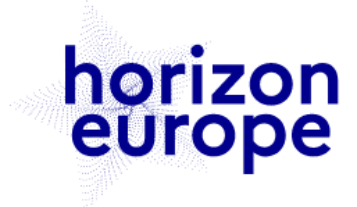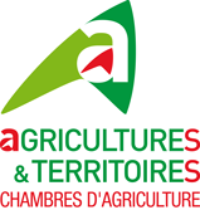Document type : Call for proposals of the Horizon Europe programme
Deadline for applications: 6 October 2021
Preview: Expected Outcome:
In line with the farm to fork strategy, for a transition to fair, healthy and resilient livestock production systems, including the improvement of animal welfare and reduction of anti-microbial usage, a successful proposal will support research and innovation (R&I) to help policy makers and other actors (e.g. economic operators) monitor and improve animal welfare in intensive and extensive systems, thus contributing to sustainable agriculture.
The project results are expected to contribute to all of the following outcomes:
- Improved capacity to evaluate and monitor the state of animal welfare in a region/country or in relation to a group of operators;
- Enhanced capacity to further improve animal welfare by business operators or decision makers, through provision of best practices and innovative tools and
- Enhanced capacity to integrate the environmental and socio-economic impact of proposed practices and innovations.
Scope:
Farming and food production data are collected at different stages of the production process of terrestrial livestock, mostly to improve economic efficiency, disease control, food safety and quality. Few data collected on farms or during subsequent processing (e.g. in slaughterhouses or dairies) are used to monitor the welfare state of the animals and the different levels of welfare. This can be done through a combination of diverse sources of data already collected and more intensive collection through automatic systems, or routine sampling. At present, even where data are used for animal welfare purposes, they are often exploited only at individual farm level or for just a few operators. The development of algorithms to interpret the various types of data that are collected could increase their value in relation to animal welfare. This would be beneficial both at farm level and in broader contexts, e.g. among groups of operators, or at regional, national, or EU levels.
Proposals should address all of the following areas of research in terrestrial livestock:
- Identification of the data and appropriate indicators that enable assessment of animal welfare on farms, during transport and at the time of slaughtering/killing;
- Development of innovative ways of automatically collecting data pertaining to welfare and related sustainable farming techniques;
- Standardisation of data collection for a population of operators along the supply chain;
- Development of algorithms integrating heterogeneous data from a population of operators in order to evaluate the level of animal welfare within the population concerned;
- Development of best practices associated with statistically meaningful improvements in animal welfare (i.e. associated with improved indicators at population level);
- Evaluation of the environmental and socio-economic impacts of best practices for animal welfare, including marketability;
- Development of monitoring tools and smart models to improve the scope of the data collection both quantitatively (population size) and qualitatively (quality of data collected and impacts measured); and
- Development of innovative ways to estimate the impact of past detrimental conditions on welfare.
The choice of the population of operators should take into account their economic and social relevance for the EU policy and regulatory framework, and potential animal welfare issues (to be addressed both quantitatively and qualitatively). The choice of data studied should take into account complementarity, frequency and ease of collection (automation or routine sampling). It should also take account of the various dimensions of animal welfare (feed and water, comfort, health, behaviour, etc.). Proposals must implement the 'multi-actor approach' and ensure adequate involvement of the farming sector, the veterinary profession, agricultural advisory services and other relevant actors along the food chain.






